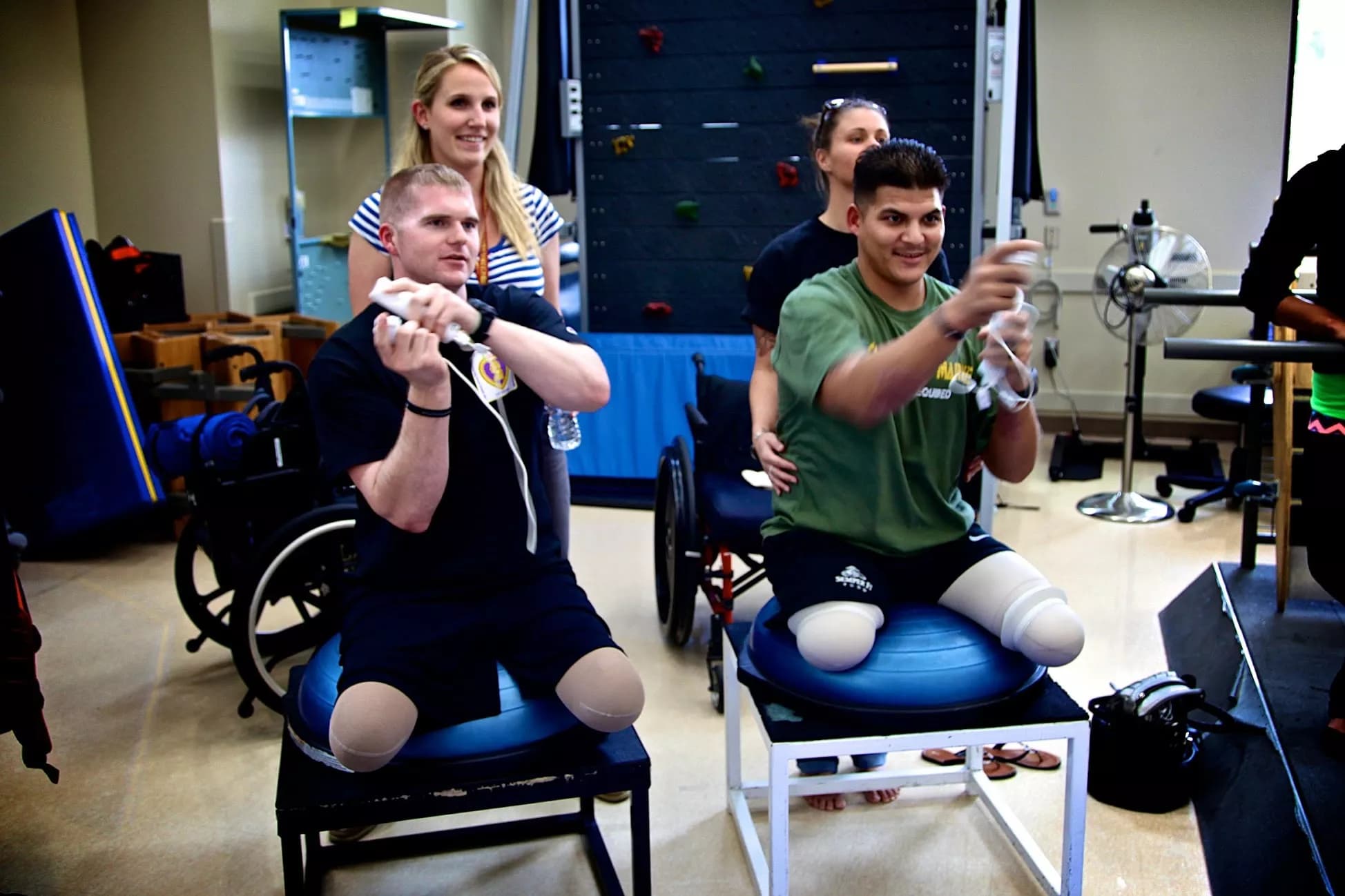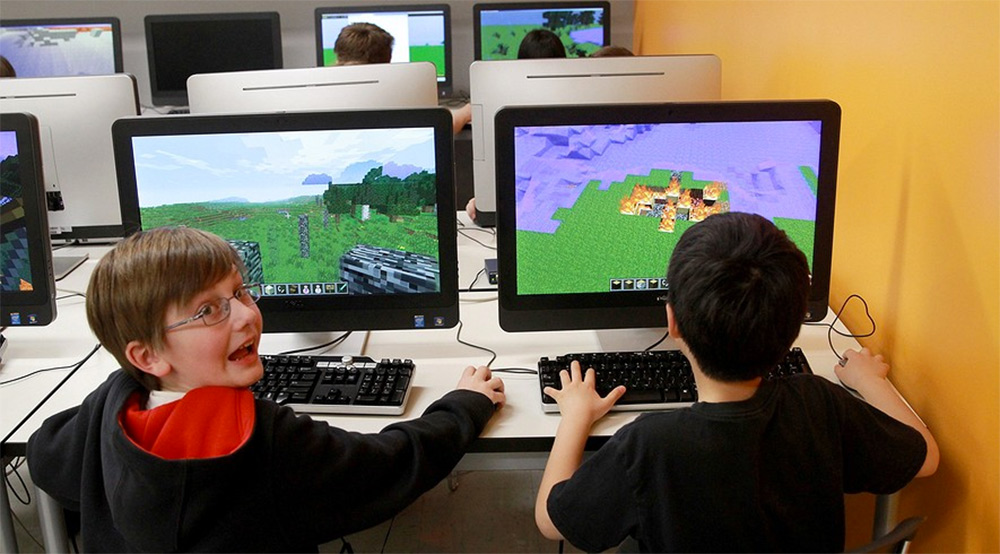
As a gaming writer (and degree-level Psychologist), I have long been aware of the power of video games to entertain and engage players. However, in recent years, I have also come to understand the potential of video games to do much more than just provide entertainment. Specifically, the use of video games in therapy has been gaining attention and proving to be an effective way of treating a wide range of mental health conditions.
One area where video games have been used with great success is in the treatment of PTSD (Post-traumatic stress disorder). Traditional therapies for PTSD can be difficult and time-consuming, but video games have been found to provide an engaging and interactive way to help patients process and overcome traumatic memories. For example, virtual reality games have been used to simulate traumatic events, allowing patients to confront their fears in a controlled environment.
Three video games that might help people with PTSD:
- Never Alone – Never Alone is a puzzle-platformer game that tells the story of an Inupiaq girl named Nuna and her arctic fox companion as they embark on a journey to save their village from an eternal blizzard. The game incorporates traditional Alaska Native folklore, music and storytelling, and has been suggested to help people with PTSD by promoting a sense of cultural identity and connectedness.
- Hellblade: Senua’s Sacrifice – Hellblade: Senua’s Sacrifice is a psychological horror game that follows the journey of a Celtic warrior named Senua as she battles her way through a mythological Norse underworld. The game was developed in collaboration with mental health experts to accurately portray the symptoms of psychosis and has been suggested to help people with PTSD by fostering empathy and understanding.
- Journey – Journey is a visually stunning game that follows the journey of a robed figure across a vast desert to reach a distant mountain. The game is known for its calming and meditative nature and has been suggested to help people with PTSD by promoting mindfulness and emotional regulation.
Video games have also been used to help individuals on the autism spectrum with social skills. Games that incorporate social interactions and communication help to provide an engaging and non-threatening way for individuals to practice and improve their social skills. Furthermore, games that are designed to improve attention, memory, and other cognitive functions can be beneficial for individuals with ADHD, and other cognitive disorders.

Five video games that have been recommended for children with autism:
- Minecraft – Minecraft is an open-world video game that allows players to explore, build and create their own worlds. It is known for its calming nature, and its ability to help children with autism develop their creativity, problem-solving and social skills.
- Rocket League – Rocket League is a physics-based soccer game that involves playing soccer with rocket-powered cars. It is a fast-paced game that can help children with autism develop their hand-eye coordination and spatial awareness.
- Animal Crossing: New Horizons – Animal Crossing is a life simulation game that allows players to explore, decorate and interact with their own island. It is a calming game that can help children with autism develop their social skills and emotional regulation.
- Super Mario Odyssey – Super Mario Odyssey is a 3D platformer that involves navigating Mario through different worlds to rescue Princess Peach. It is a challenging game that can help children with autism develop their problem-solving skills and hand-eye coordination.
- Wii Sports – Wii Sports is a sports game that allows players to simulate playing sports such as tennis, bowling, and golf. It is a fun and interactive game that can help children with autism develop their gross motor skills and social skills.
Additionally, video games have been used to help individuals with depression, anxiety, and addiction. Games that incorporate mindfulness and relaxation techniques can help individuals to manage their symptoms and improve their mood. Furthermore, games that are used as an alternative to addictive behaviours such as gambling or substance abuse, can help individuals to break the cycle of addiction. In a previous article we looked at anger management in video games and how gaming can be both a cause of anger, but also a tool for anger relief.
As a gamer, it is important to be aware of these therapeutic benefits and to consider how our games can be used to improve people’s lives. While the primary focus of game development is entertainment, it is important to remember the potential for our games to be used for good. As an industry, we have a responsibility to use our skills and expertise to make a positive impact on society, and the use of video games in therapy is just one way that we can do that.
The use of video games in therapy is an exciting and promising field. With the ability to engage and interact with patients in a unique way, video games have the potential to revolutionize the way we treat mental health conditions. As developers and writers, it is our responsibility to continue exploring the therapeutic potential of video games and to use our skills and expertise to make a positive impact on society.
The post The Use of Video Games in Therapy appeared first on Gaming Debugged | Gaming Site Covering Xbox, Indies, News, Features and Gaming Tech.



0 Comments